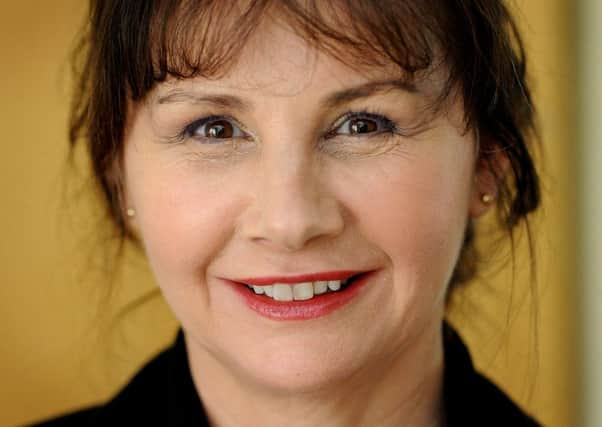Your News: EDS - Life with a rare condition
This article contains affiliate links. We may earn a small commission on items purchased through this article, but that does not affect our editorial judgement.


She was a professional educationalist leading in autism charities nationally including DfE supported training but had to retire in 2015 after many injuries and being disbelieved.
She is passionate about raising awareness for EDS and giving support and accessibility in the community across medical, education and care areas. The group welcomes members and non members for the first meeting from other areas.
Advertisement
Hide AdAdvertisement
Hide AdThe aims of this support group is a) to support people with EDS, support their families, partners, siblings, children. Support professionals with EDS children or patients.
EDS is a defective connective tissue disorder.
Connective tissue, collagen supports and binds all other tissues of the body. This includes skin, veins, fat, cartilage, bone, tendons and organs.
It can affect all systems in the body. No one person with EDS syndromes/HSD is exactly the same.
Just as no one person with light brown hair is exactly the same but we can present with an array of multi-systemic symptoms and associated conditions.
Advertisement
Hide AdAdvertisement
Hide AdThere are 13 different types and some can unfortunately be life limiting. The most common type is hypermobility Ehlers-Danlos Syndrome, hEDS.
Unfortunately there is no medical pathway for us, no fundraising to research the genetics, very little understanding or knowledge and no cure. So in the past EDS patients were diagnosed with other conditions such as fibromyalgia, ME, arthritis, or disbelief that we can simply dislocate a bone by simply trying to brush hair or put on a coat.
It can affect babies and children although quite rare and often causes confusion for medical and safeguarding staff as it can present with dislocations and bruises!
In school age it can affect proprioception, gait, fatigue levels, physical sprains/dislocations, allergic reactions and therefore education levels. It affects both genders but females are more commonly affected.
Advertisement
Hide AdAdvertisement
Hide Adn EDS Support Meeting February 15 6.45-9pm Delighted to announce a support meeting on 15/02/18 at Three Bridges Community Centre, 23 Gales Place, Crawley RH10 1QG, 6.45 to 9pm.
Clinical Specialist lead physiotherapist in hypermobility and EDS UK medical advisory member, Jason Parry, is our key speaker. Come along if affected or interested in Ehlers-Danlos Syndromes/HSD.
This is usually for members but newcomers/visitors are welcome for this meeting but please note this is for people 16 years and over. Please contact [email protected] for further details.
By Crawley EDS/HSD Support Group
__
Don’t miss out on all the latest breaking news where you live.
Advertisement
Hide AdAdvertisement
Hide AdHere are four ways you can be sure you’ll be amongst the first to know what’s going on.
1) Make our website your homepage at www.crawleyobserver.co.uk
2) Like our Facebook page at www.facebook.com/crawleyobserver
3) Follow us on Twitter @Crawley_Obby
4) Register with us by clicking on ‘sign in’ (top right corner). You can then receive our daily newsletter AND add your point of view to stories that you read here.
And do share with your family and friends - so they don’t miss out!
The Crawley Observer - always the first with your local news.
Be part of it.